When a professor tells students they have more time to work on their final projects, students breathe sighs of relief. But, when the professor tells them their due date has been moved sooner, students like me feel like screaming into a pillow, not celebrating.
As my senior year comes to a close, I can’t help reflecting on my eight semesters at Northern. When I think about my classes, overall the memories are remarkably positive.
While I couldn’t have survived some tough classes without the helpful guidance and humorous comradery of my classmates, it will be the professors that play central roles in my dinner table accounts of the best and worst of times at college.
From freshman year until now, I can say without exaggeration that most faculty members I’ve taken classes with have been knowledgeable and passionate about their subject matter and invested in seeing their students succeed. For that, I sincerely thank and applaud you faculty. However, there have definitely been moments that will forever stand out as good, beneficial classroom decisions by professors and ones that have been mind-bogglingly frustrating.
At the end of every semester, students fill out evaluation forms about their instructors. Some professors choose to incorporate this feedback, and some don’t (when they really should). In light of that and on behalf of future generations of students, I want to hammer home some dos and don’ts of teaching (but especially the don’ts).
Don’t assign busy work— short projects, reading responses, journal entries—for every class period—because most students will think they’re pointless, annoying time-sucks and will do the absolute minimum necessary to get credit. How much do professors actually enjoy reading half-hearted homework anyway? Instead, give students several weeks to work on longer projects on topics more of the student’s individual choosing. These are the projects students will be more excited to work on (and to show grandma) because they have a greater amount of self-determination, creativity and time.
Don’t overload students. Avoid assigning whole, thick books to read over the weekend and response papers to write, as though yours was the only class students are taking. And especially don’t assign more projects when you know your students’ heads are spinning trying to complete what you’ve already assigned.
Don’t assign a textbook that you haven’t read yourself, you despise, or you don’t plan to have students read the majority of. Few moments are as frustrating as when students learn their professors picked a massive tome on a whim, or that out of a textbook that cost hundreds of dollars students only needed a chapter or two.
Don’t expect students to write thorough, evidence-based analysis essays, with quotations and specific examples, on an in-class exam and forbid students from at least having notecards. Most students don’t have photographic memories. They can’t recite whole passages of literature or other subjects. The bottom line is if you want students to succeed on a test, if possible, allow them to bring the tools they need. Students will be less stressed and perform better.
Don’t show a PowerPoint presentation in class and then refuse to post the slides on EduCat. Online resources can be invaluable to students preparing for finals. Plus, you might get less pesky emails asking you basic questions.
Don’t make students’ final grade hinge on the performance of a group project. Usually someone in the group ends up doing the lion share of the work, and the other students get off easy. Or the students will delegate duties, specializing in some tasks and not others, so not everyone hones all the skills they were supposed to learn by taking the class.
Lastly, don’t assign a project that you as professor don’t have the know-how to complete yourself.
The best learning environment is one in which both students and professors cooperate to make classwork reasonable, challenging and engaging, and to improve from mistakes of pupils and faculty alike.





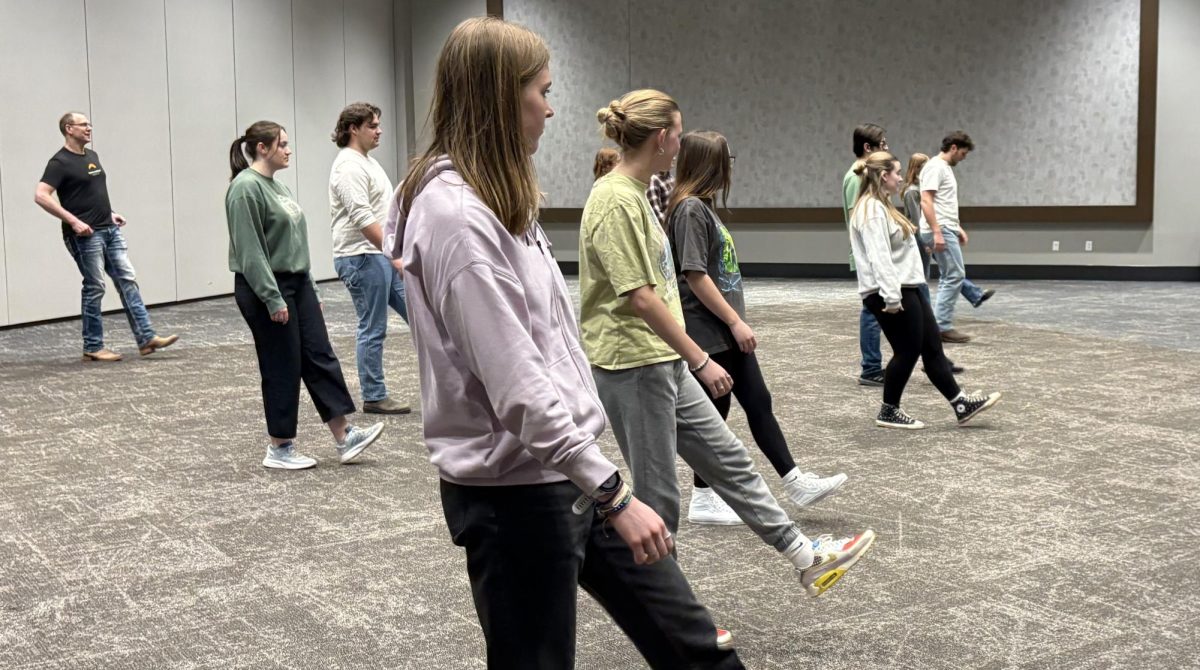







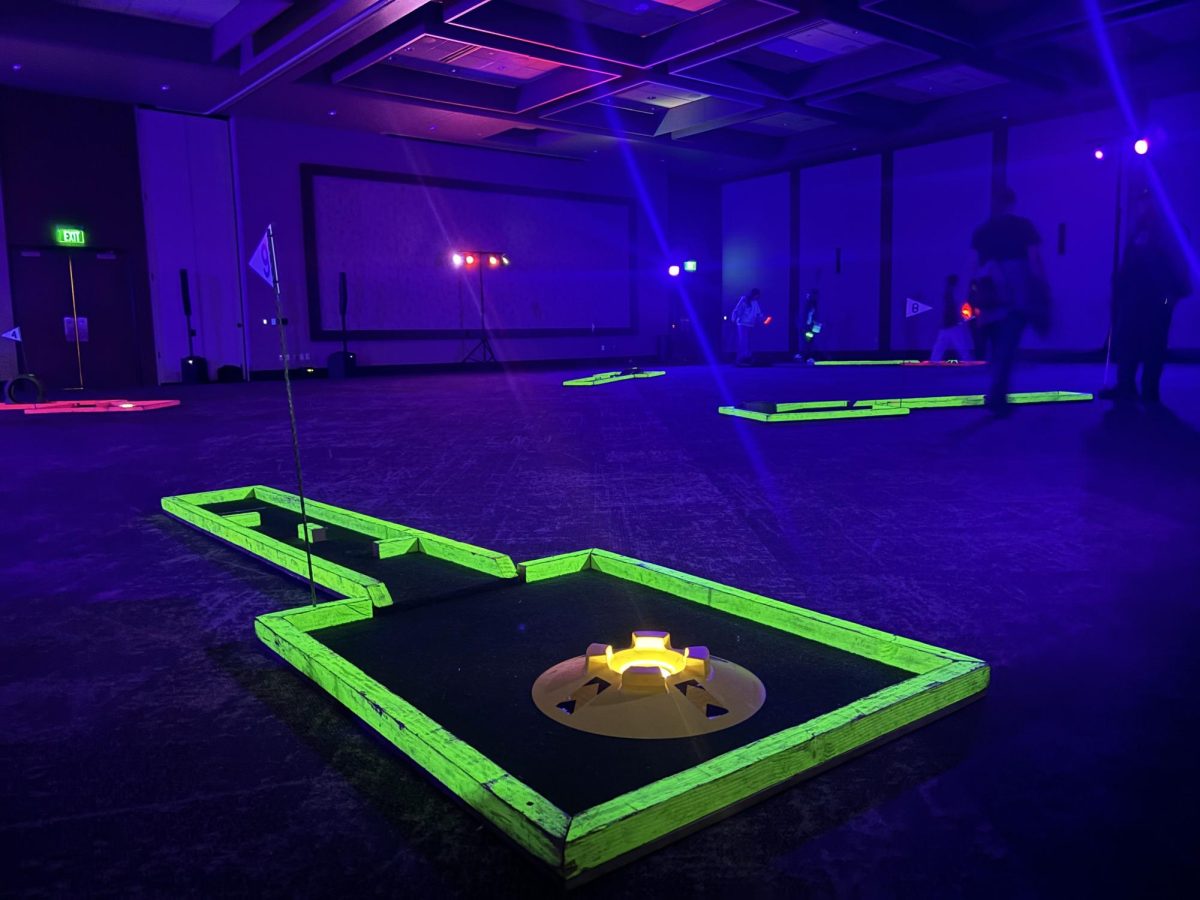

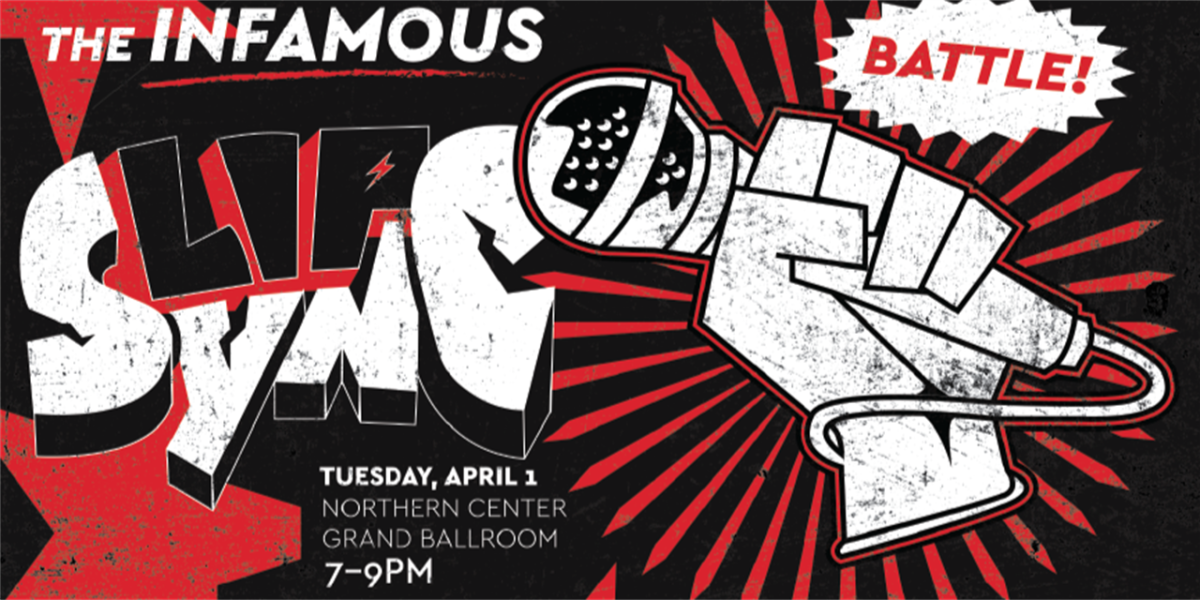





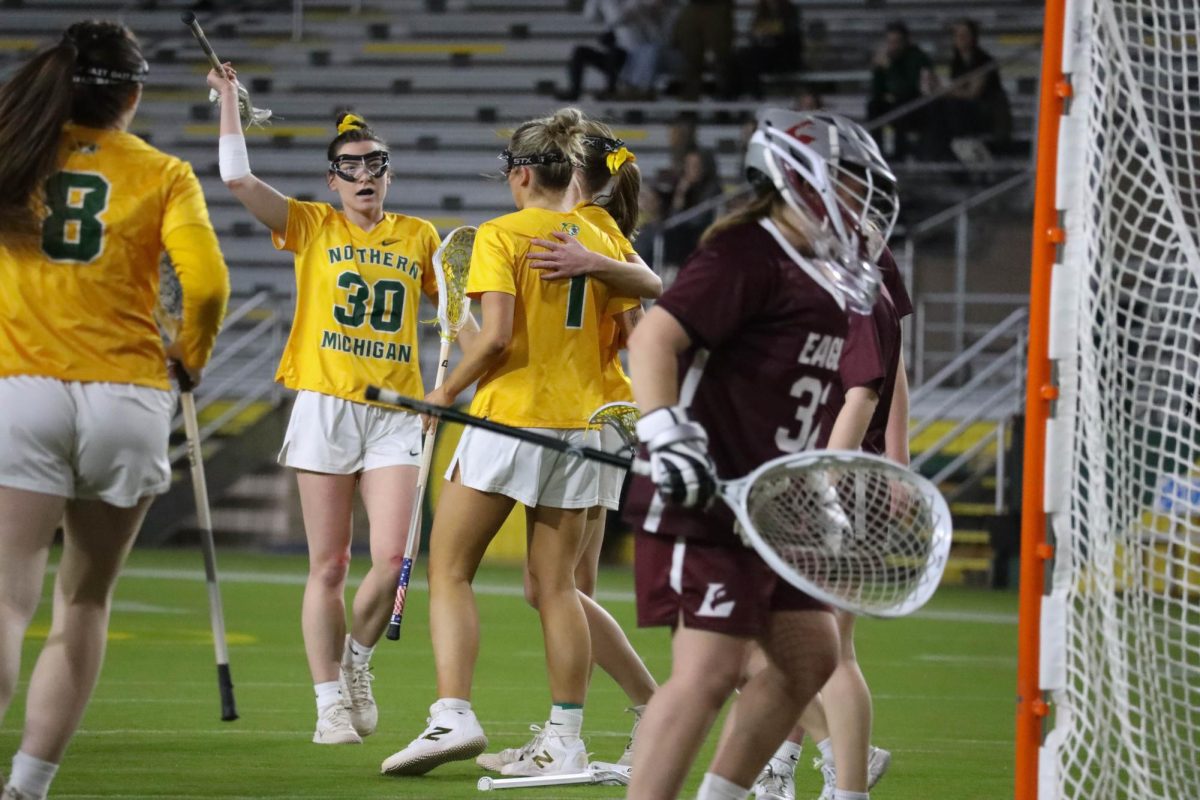
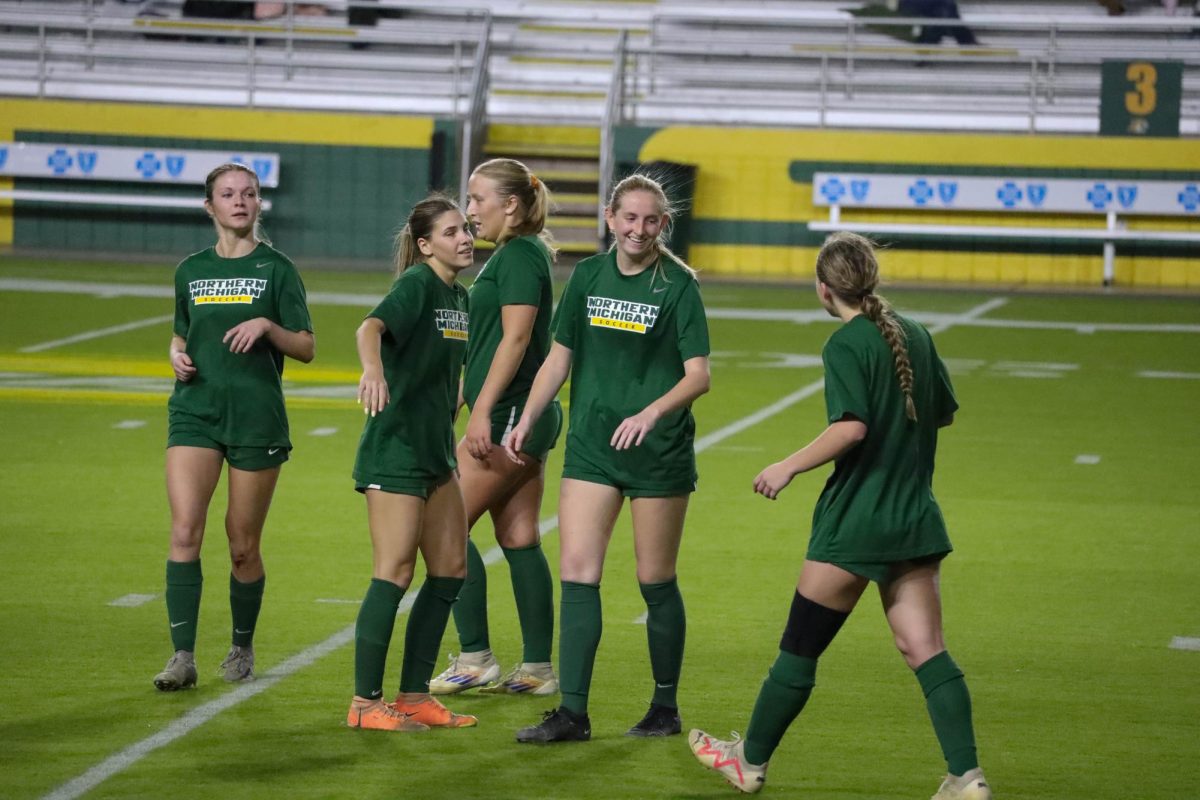




Cassie • Apr 14, 2018 at 5:40 pm
More productive feedback is a “do” list that is longer than your “don’t” list. I would advise you that some of that “busy” work is actually vital to your education. You are not at a higher education institution for it to be easy, but to learn. Some of that might be annoying or difficult, but it’s still important. Some of those smaller writing assignments are where you hone your writing skills, if you bother to take them seriously.